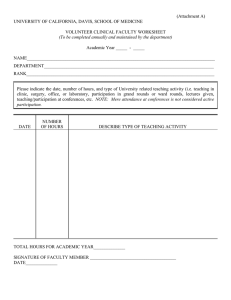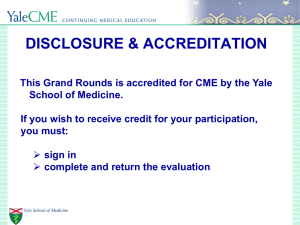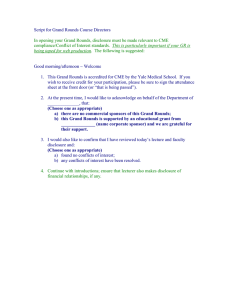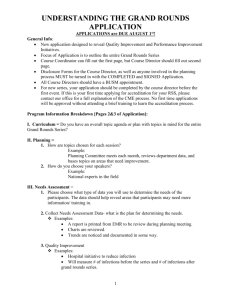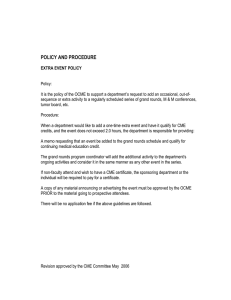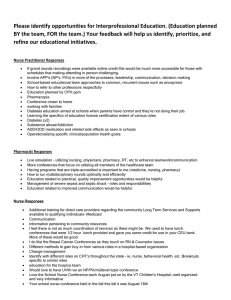Have you witnessed or experienced any barriers that have hindered
advertisement
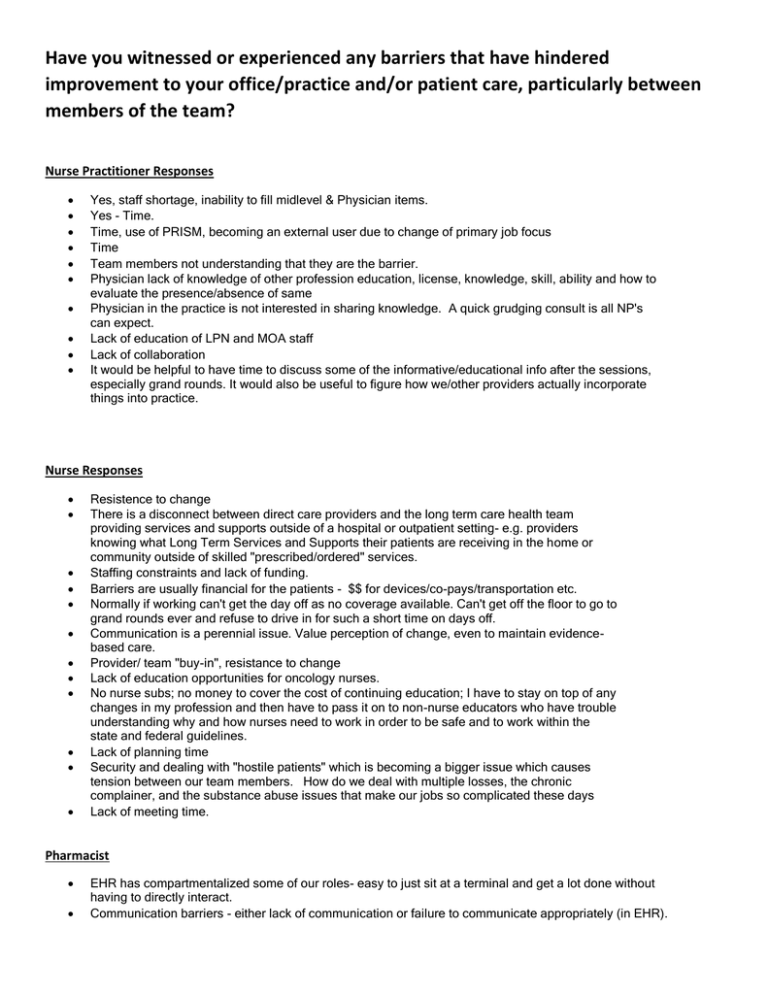
Have you witnessed or experienced any barriers that have hindered improvement to your office/practice and/or patient care, particularly between members of the team? Nurse Practitioner Responses Yes, staff shortage, inability to fill midlevel & Physician items. Yes - Time. Time, use of PRISM, becoming an external user due to change of primary job focus Time Team members not understanding that they are the barrier. Physician lack of knowledge of other profession education, license, knowledge, skill, ability and how to evaluate the presence/absence of same Physician in the practice is not interested in sharing knowledge. A quick grudging consult is all NP's can expect. Lack of education of LPN and MOA staff Lack of collaboration It would be helpful to have time to discuss some of the informative/educational info after the sessions, especially grand rounds. It would also be useful to figure how we/other providers actually incorporate things into practice. Nurse Responses Resistence to change There is a disconnect between direct care providers and the long term care health team providing services and supports outside of a hospital or outpatient setting- e.g. providers knowing what Long Term Services and Supports their patients are receiving in the home or community outside of skilled "prescribed/ordered" services. Staffing constraints and lack of funding. Barriers are usually financial for the patients - $$ for devices/co-pays/transportation etc. Normally if working can't get the day off as no coverage available. Can't get off the floor to go to grand rounds ever and refuse to drive in for such a short time on days off. Communication is a perennial issue. Value perception of change, even to maintain evidencebased care. Provider/ team "buy-in", resistance to change Lack of education opportunities for oncology nurses. No nurse subs; no money to cover the cost of continuing education; I have to stay on top of any changes in my profession and then have to pass it on to non-nurse educators who have trouble understanding why and how nurses need to work in order to be safe and to work within the state and federal guidelines. Lack of planning time Security and dealing with "hostile patients" which is becoming a bigger issue which causes tension between our team members. How do we deal with multiple losses, the chronic complainer, and the substance abuse issues that make our jobs so complicated these days Lack of meeting time. Pharmacist EHR has compartmentalized some of our roles- easy to just sit at a terminal and get a lot done without having to directly interact. Communication barriers - either lack of communication or failure to communicate appropriately (in EHR). Physician Yes, but I feel that most of the hindering has come from above -- not supporting practice improvement projects and having us start them, but then nothing comes of it. Yes - paper overload We are over an hour away from UVM, so it would be great to be able to "attend" grand rounds and conferences via the internet. Topics for conferences do not vary year to year, thus seem stale. Time, training Time and money Time limitations; patient load Time for travel to attend Time, having easy access to expert assistance, personality conflicts, inconsistency of organizational expectations, tolerances for outliers There are too many administrative mandates/requirements which are very time-consuming and don't add to patient care The time factor---little time beyond patient care and EHR responsibilities to talk, process and implement inability to be innovative, implement novel changes to improve care, or to be part of the discussion-- the administrative process is slow, cumbersome and not inclusive at UVMMC. When was the last community needs assessment that the PCPs participated in? The biggest barrier for us right now is the administrative burden and excessively specific criteria needed to meet MU and PCMH standards. Some of this is useful but much does not contribute to care and drain my resources away from patients. I spend so much time understanding and complying with these issues, as well as ICD10 and board certification and so on, that I have very little time for medical as opposed to practice management CME. Stress of change, time Sometimes difficult when trying to transfer a patient to a Hospitalist service Slow to change your old ways of doing things PRISM has serious limitations as well as some advantages PRISM building availability and support Poor communication at transitions Political barriers between the UVM MG structure and the lack of structure for the advanced practice providers. PCP with specialty practice- they sometimes live in different worlds with different guidelines for FU Not understanding each others jobs Large practice In my experience from what I can see the major team problems seem to be computer related issues. I appreciate going to grand rounds and other conferences. I'm not sure that those forums change my practice as much as they might. Grand rounds and the rigors of clinical care are in conflict. Difficulty finding and paying for speakers. Community Health Center Mandates to incorporate a myriad of unrelated elements into office appointments (depression screens, fall risks, HIV screening) which are completely unrelated to the reason for that day's appointment. Staff are hurriedly trying to accomplish too much in a limited amount of time and losing the ability to focus on what is most important at that time. Communication, hand-offs, payment mechanism for the PCMH Communication difficulties in gaining buy in for a change, understanding of the change, willingness (or lack thereof) to change work flow to accommodate a change Besides that I write the checks, things are shared, from diabetes self-management groups to registry work/PQRS, and more practice transformation to come "Hand- offs" are a problem
